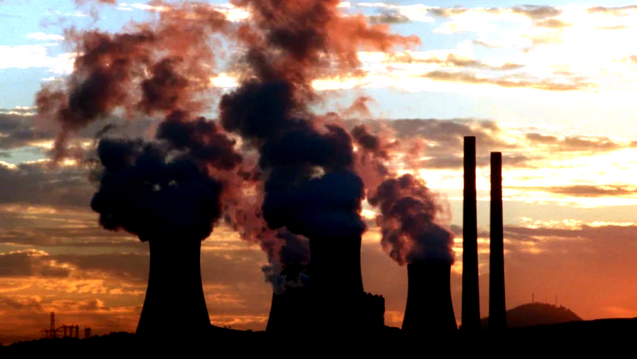Coal mining giant Glencore has announced it will cap its coal production and will prioritise investments that are essential to the low-carbon energy transition. It is a powerful illustration of how the corporate world realises that coal will be on the way out, globally.
 |
| Coal-fired power's days are numbered, but what number should we put on it? Credit: Michele Mossop |
The coal commission has recommended that Germany phase out the use of coal for electricity by 2038 or perhaps 2035, starting with a rapid reduction in coal power plant capacity of about a third by 2022. By 2030, almost two-thirds of coal generation should have left the market.
Germany’s commission has suggested some approaches that could be popular politically, but that would have economic weaknesses. One is about who should carry any additional costs. The commission recommends that local communities around power plants should be supported, that the owners of coal plants be compensated, and that electricity prices should not rise either for industry or consumers.
 |
| A coal-burning power plant steams behind wind generators in Gelsenkirchen, Germany. Credit:AP |
Another consideration is whether to use regulatory or market instruments to facilitate closure of coal plants. The default implementation of phase-out in Germany would be for government to determine which plants should close when, and then pay them out.
The more efficient way would be to let businesses decide which plants shut and when, using a market-based system. The coal commission hinted at this possibility. The costs could then be covered by the electricity industry.
Of course, the economically best way to achieve the efficient exit of coal plants is a price on carbon emissions. In Germany, this would mean implementing a minimum carbon price to bolster the incentive from the EU emissions trading scheme.
Perhaps it is time for an Australian coal commission. It gives a chance of molding lasting consensus, if representation of interest groups is broad.
The coming and inevitable phase-out of coal from the power system warrants a serious attempt to forge a widely shared consensus about how to go about it. That includes not only how to support regional economies and communities, a task that Labor’s proposed Just Transition Authority could tackle. It is about how to achieve an orderly exit, on what trajectory, and with what combination of renewables and energy storage will take coal’s place.
With that might come broad public acceptance and some durability of policies in our ever turbulent politics.
- Frank Jotzo is a professor at the ANU Crawford School of Public Policy.
- Andreas Loeschel is a professor at Muenster University and the chair of German government’s independent monitoring commission for the energy transition.
- Both are directors at the Australian-German Energy Transition Hub.
- 'Very disappointed': Ministers berate coal miner over climate change commitment
- Time for Glencore, BHP to demerge their way out of coal
- NSW election 2019: Greens pitch $1.8b trust to help coal towns survive after mining
- Climate Action 100+: Australia's biggest emitters claim progress on climate risk
- 'We won': Landmark climate ruling as NSW court rejects coal mine

No comments:
Post a Comment